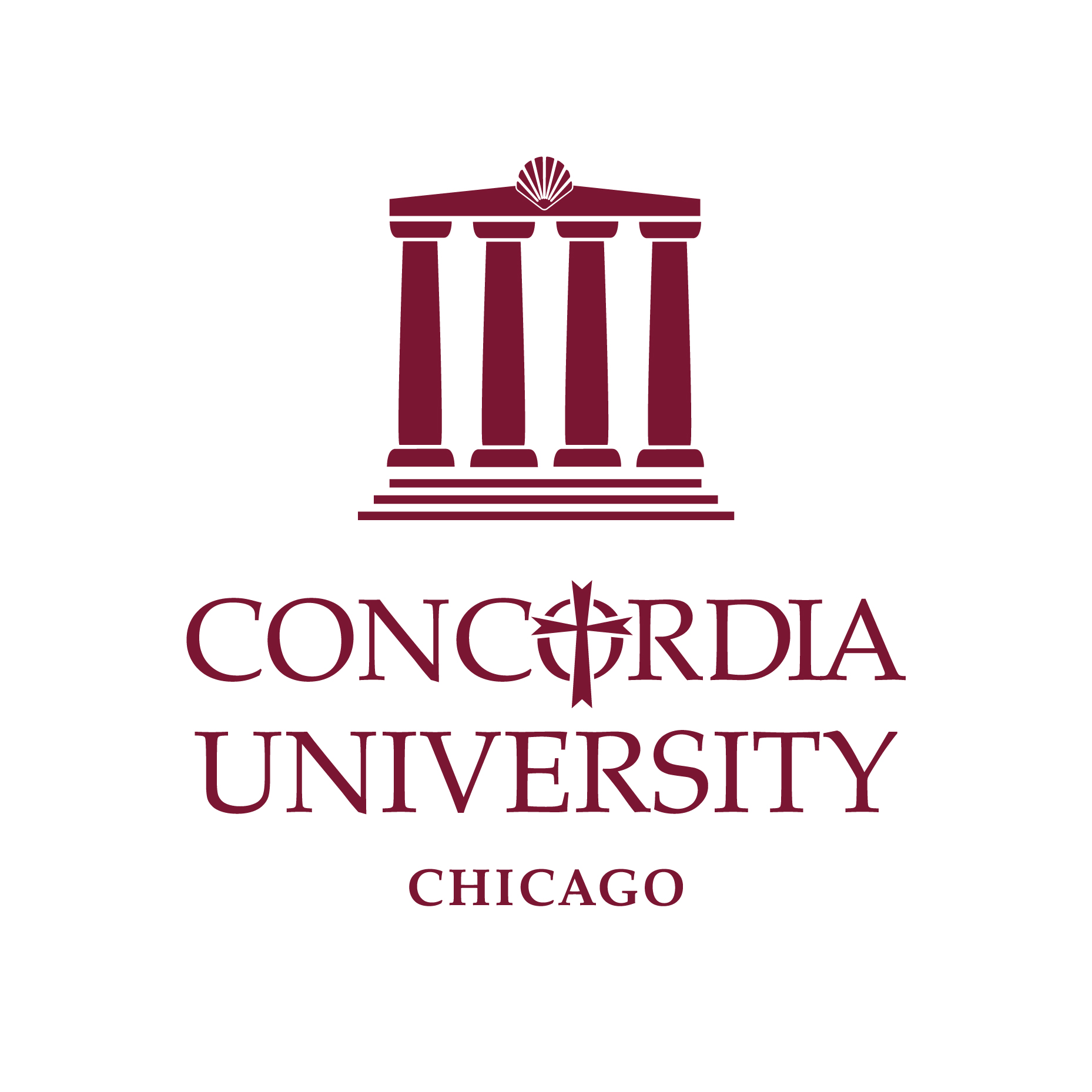Study Format
- Online
- Hybrid
Program Length
- 30 Credit Hours
- 24 Months
Application Deadlines
Domestic Students
Summer 2025 Completed Application Due | Classes Start May 5, 2025
Program Overview
The MA in Educational Technology: Curriculum and Instruction program prepares teachers in public and private schools to more effectively integrate technology into their classroom practice. It is constructed for teachers who teach in a traditional face-to-face classroom and/or a 1:1 computing environment. The program prepares teachers with the competencies required to improve the quality of classroom teaching, and helps them develop theoretical and practical understandings of educational technologies within curricular, instructional, and assessment frameworks. In addition, coursework addresses differentiating instruction using technology, the use of adaptive/assistive technology for all students (with emphasis on students with special needs), building learning communities, using social media effectively, and applying current research on learning to classrooms. The program is aligned to ISTE-Teaching standards and National Board of Professional Teaching standards.
Program Objectives
This program provides candidates with coursework aimed at mastering the following:
- Understand and apply educational theory as it relates to contemporary computer-based instructional practices.
- Deliberate and choose appropriate pedagogical strategies using technology to enhance instruction and improve learning outcomes.
- Recognize, develop, and use image-rich technology tools and curriculum to enhance instruction.
- Synthesize technology-enhanced practices in professional settings to build learning communities.
- Use student achievement data to evaluate instructional practices in a data-driven decision-making environment.
- Differentiate instruction using adaptive/assistive technology.
- Promote and model digital citizenship and responsibility.
- Recognize and evaluate trends in educational technology.
Program Information
Curriculum
Integrating Technology across the Curriculum
This course is an introduction to the disciplined practice of integrating technology into teaching and learning. It provides an overview of current instructional technologies and theory-based design strategies for effectively using these technologies.
Theoretical, Ethical, and Practical Foundations of Educational Technology
Study of the theoretical, historical, contemporary and ethical foundations of educational technology. Debates social and ethical issues surrounding integrated technologies as they are designed and implemented for an academic environment. Examines how technology is embedded within policies and practices in curriculum and instruction.
Using Technology to Build Learning Communities
Examination and evaluation of the use of technologies in the design and building of learning communities and development of community-based outreach and engagement.
Visual Literacy in the Classroom
Pedagogical concepts and design strategies underlying the use of an image-rich curriculum to enhance instruction. Examination and evaluation of the use of visual technology tools and techniques to build visual literacy and meet learning objectives.
Technology for Effective Decision-Making in Teaching & Learning
Examination of the decision-making process and the role of technology in supporting data-driven decision-making to enhance teaching and learning.
Emerging Educational Technology Trends
This course will provide an overview of current and emerging innovative technology trends in teaching and learning. Specifically, students will explore the ideas and theories that drive many of the most recent trends in K-12 educational technology. This exploration will be capped with the design and development of an engaging technology-supported lesson for students in K-12 classrooms that leverages current and emerging teaching/learning/technology trends.
Instructional Design for Digital Learning
This course provides an overview of instructional design processes, methodologies, and professional standards that guide the development of online instruction. Accessibility concerns in online education will also be discussed.
Assistive Technology: Principles and Practice
This course will address the use of assistive technology within a teaching and learning environment. It will present research and trending developments on how specific technologies address the academic challenges of individuals with cultural, social, emotional, mental and physical needs. Topics include defining and differentiating assistive and adaptive educational technologies; identifying the legislative policies connected with such technologies; exploring ethical and legal ramifications of technology usage; and collaboration and implementation of technology-enhanced materials and teaching/learning opportunities for all learners.
Teacher as Researcher
Principles of teacher research. Focus on development of basic research skills to carry out action research, self-study, or other practitioner research projects with the goal of improved teacher practice. Skills for interpreting published research are also emphasized.
Capstone Experience
Seminar in Reflective Practice
A master’s capstone is required for all master of arts candidates. This culminating project highlights the candidate’s mastery of content throughout his or her studies. Capstones are traditionally a summary of work demonstrating overall growth and specific understandings of the professional standards. The capstone serves as a performance-based evaluation and promotes reflective practice. It also demonstrates the professional’s proficiency in integrating technology and his or her ability to interpret theory into practice.
Seminar in Higher Education (EDU 6015)
In addition to the base program curriculum, international students attending face-to-face classes on the CUC campus are required to take the Seminar in Higher Education, a 3-credit course. This requirement will not apply to international DBA students studying exclusively online.
Admission Counselor
Connect with your admission counselor.
